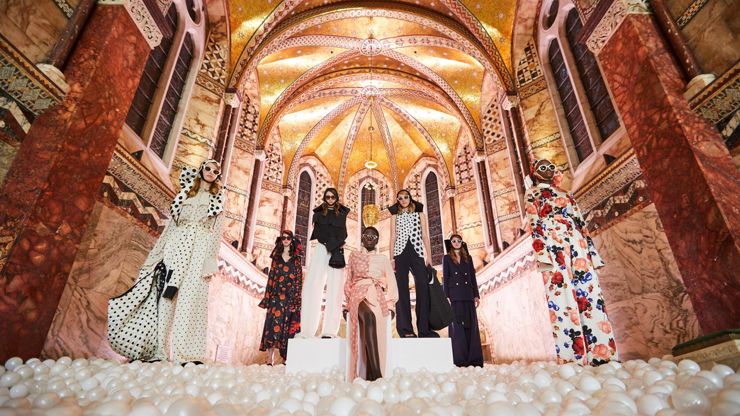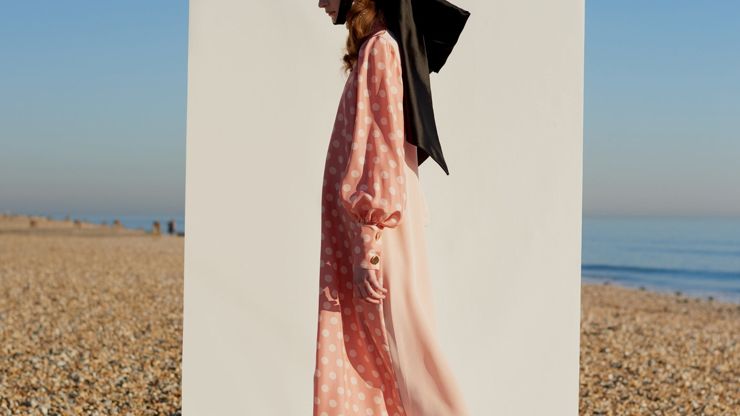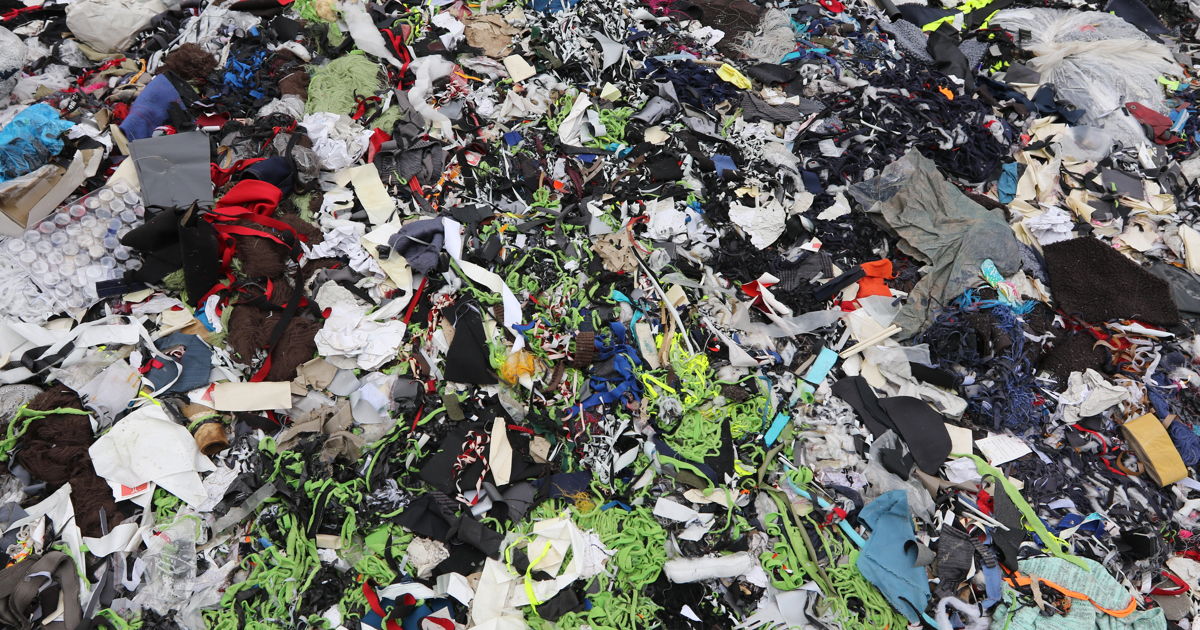Slow fashion: the rise of retail’s sustainable future
Fashion is one of the world’s most polluting industries. Are brands doing enough to help shift the industry from a linear to a circular economy; from fast fashion to slow? Creativebrief's Izzy Ashton finds out.
In the UK we buy more clothes than any other country in Europe, piling up 27kg of clothing every year according to data from European Clothing Action Plan.
The fashion industry is, and has always been, based on materialism, but the inexorable rise of ‘fast-fashion’ is creating an unsustainable ecosystem. As the climate emergency climbs up the consumer agenda there is no escaping the fact that fashion is one of the world’s most polluting industries, with a larger carbon footprint than international aviation and shipping combined.
Over $500 billion of value is lost every year due to clothing underutilisation and the lack of recycling.
The ‘ASOS Effect’, in which social media obsessed consumers don’t want to be pictured in the same outfit on their social channels, underpins this cycle of continual consumption.
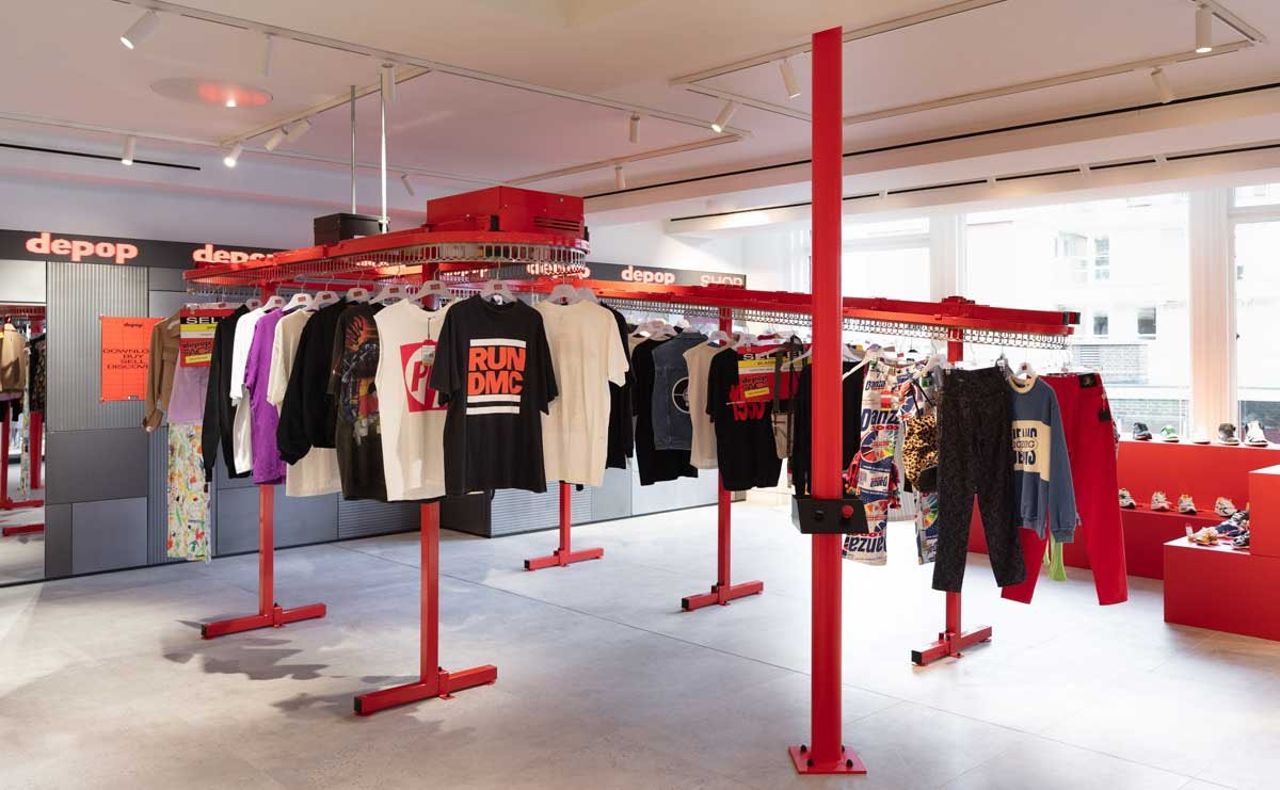
Above: Resale platform like Depop's physcial pop-up at Selfridges.
A circular fashion economy
While fast fashion was the growth engine of the industry at the dawn of the digital era, its future seems to be more circular, with a focus on reusing, recycling, repairing and even borrowing clothing. Over $500 billion of value is lost every year due to clothing underutilisation and the lack of recycling, according to the Ellen MacArthur Foundation. Vanessa Jacobs, Co-Founder and CEO of The Restory, a new repair and restoration business explains, “Aftercare is the engine that powers the circular economy.”
It’s a marketing strategy that raises question of whether it’s truly sustainable asking people to bring back clothes only to buy more.
This emerging cyclical economy is being driven by younger millennials and Gen Z consumers. They are shopping on resale platforms like Depop, which is opening a physical pop-up at London’s Selfridges this month, and raiding their parents’ wardrobes to create looks that are at once sustainable but also, crucially in an era of social media, original.
As a fashion brand, it is no longer good enough to be less bad than your competitors.
Brands are giving shoppers more options to recycle clothes in-store, often in return for rewards or money off. It’s a marketing strategy that raises question of whether it’s truly sustainable asking people to bring back clothes only to buy more. But they do encourage more consumers to recycle in the first place and, crucially, help to drive footfall in-store. High street stores like Zara, H&M and ARKET have recycling bins by their tills, while Danish brand GANNI recently released a collection, which was an immediate sell-out, made from old stock.
Above: Mother of Pearl's No Frills line.
When business as usual no longer works
The Co-Founder of GANNI, Nicolaj Reffstrup, is honest about the challenges the brand faces. He explains, “We need to do better rather than doing nothing.” As a fashion brand, it is no longer good enough to be less bad than your competitors. Fast fashion isn’t acceptable to the modern-day consumer as brands are called out for burning stock. Burberry’s destruction of over £90m worth of goods in the last five years, for example, has come under scrutiny.
Inditex, the parent brand of Zara and Massimo Dutti, made a pledge earlier this year that all its collections would be made from 100% sustainable fabrics by 2025.
When the business model focuses on profits, human rights and the environment become runners-up. This creates a tension; how do brands grow in a way that isn’t just about volume? How do they balance planet and profit to run a successful business, when business as usual no longer works?
While the climate crisis presents the biggest challenge the fashion industry has ever faced, smart brands are harnessing the power and energy of consumers’ collective consciousness.
In the face of this challenge big brands are demonstrating their desire to change their business model. H&M announced that they are aiming to have 100% recycled or sustainably sourced materials by 2030, up from 57% in 2018. Inditex, the parent brand of shops like Zara and Massimo Dutti, made a pledge earlier this year that all its collections would be made from 100% sustainable fabrics by 2025.
Above: Mother of Pearl's Amy Powney in a film for BBC Earth.
Collaboration is key
Yet, while the climate crisis presents the biggest challenge the fashion industry has ever faced, smart brands are harnessing the power and energy of consumers’ collective consciousness. Stella McCartney has always been socially conscious, describing itself as a “vegetarian brand.” Their recent ad campaign featured Amber Valletta as one of a “cast of change agents” and was also a call to action, a pledge to support Extinction Rebellion and an invitation to consumers to find out more.
Sustainability is about asking questions. The necessary information is out there, you just need to unearth it.
Founded in 2002, Mother of Pearl describes itself as a “luxury sustainable womenswear brand". Creative Director Amy Powney is passionate about sustainability, putting it at the heart of the business, most significantly with the launch of their No Frills line. The brand also partnered with BBC Earth on a short film about fashion’s impact on the planet as well as a capsule collection of evening wear. As Powney has said, “Sustainability is about asking questions. The necessary information is out there, you just need to unearth it.”
How fashion can save the world
Dame Vivienne Westwood said in a recent interview with British Vogue that “The reason I continue to design is because it gives me a platform. I use it to communicate how to save the world.” Not every fashion house needs to have this lofty a goal. But, with research from BritainThinks showing the environment has overtaken terrorism and affordable housing on a list of Britons’ top public policy priorities, business as usual is no longer an option.
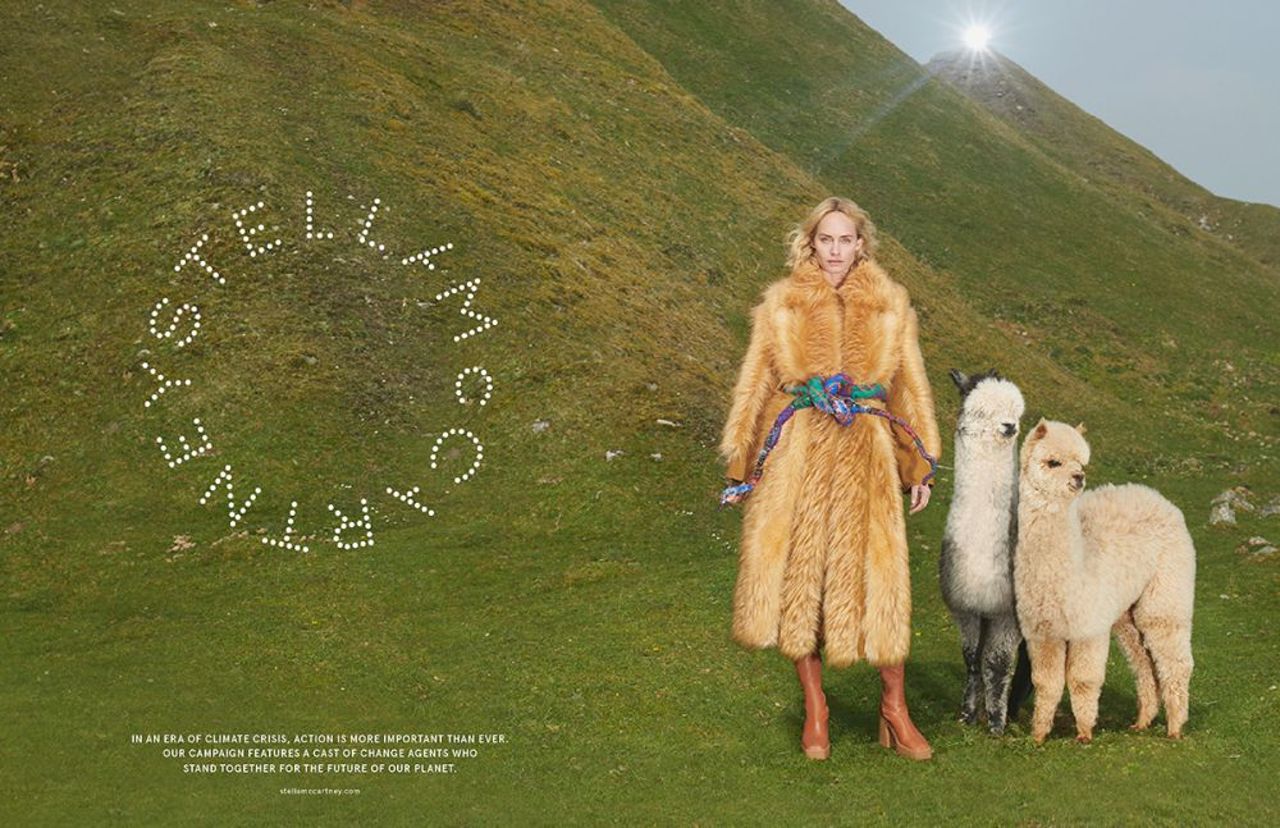
)




 + membership
+ membership

